| Usage |
Methazolamide is typically administered in tablet form, designed for oral consumption. The usual regimen entails taking Methazolamide two or three times daily, adhering to a consistent schedule. It is imperative to meticulously follow the instructions provided on your prescription label and seek clarification from your healthcare provider or pharmacist if any aspect remains unclear. Precisely adhere to the prescribed Methazolamide dosage; refrain from either exceeding or reducing it, and avoid taking it more frequently than stipulated by your physician. While Methazolamide effectively manages glaucoma, it does not offer a cure. Therefore, it is essential to maintain your Methazolamide regimen even if you feel well and under no circumstances discontinue its use without consulting your doctor.
|
| Side Effects |
Methazolamide has the potential to induce side effects. If any of the following symptoms persist or become severe, it is advisable to inform your doctor:
• Sensations of pain, burning, or tingling in the extremities
• Hearing difficulties or a persistent ringing sensation in the ears
• Fatigue or a noticeable lack of energy
• Episodes of vomiting or diarrhea
• Alterations in taste perception
• Increased frequency of urination
• Changes in vision
Certain side effects may be more serious, and immediate medical attention or consultation with your doctor is recommended if you encounter any of these symptoms:
• Development of blisters or skin peeling
• Onset of hives
• Appearance of a rash
• Uncontrollable itching
• Respiratory difficulties or trouble swallowing
• Manifestation of fever, sore throat, chills, or other indications of infection
• Unusual instances of bruising or bleeding
• Muscle weakness
• Seizures
• Nausea
• Profound fatigue
• Reduced appetite
• Pain localized in the upper right abdominal region
• Yellowing of the skin or eyes
• Flu-like symptoms
Methazolamide may also provoke additional side effects. If you encounter any uncommon or perplexing issues while using this medication, it is advisable to contact your doctor for guidance.
|
| Storage |
To ensure the safe storage of this medication, adhere to the following guidelines:
• Keep it in its original container, tightly sealed, and away from children.
• Store it at room temperature, shielding it from excessive heat and moisture, and avoid bathroom storage.
• Disposing of unused medication should be done in a manner that prevents access by pets, children, or other individuals. Flushing it down the toilet is not recommended. Instead, consider participating in a medicine take-back program, which you can learn about from your pharmacist or local garbage/recycling department.
• It is crucial to safeguard all medications from children since numerous containers, such as those designed for weekly pill organization and various forms of medications like eye drops, creams, patches, and inhalers, may lack child-resistant features, making them easily accessible to young children. Always secure safety caps and promptly store the medication in an elevated and concealed location that remains beyond the reach and sight of children.
|
| Special Precaution |
Prior to initiating methazolamide treatment, it is essential to consider the following precautions and inform your healthcare provider:
• Notify your doctor and pharmacist about any allergies you have, particularly if you are allergic to methazolamide, sulfa drugs, other medications, or any components present in methazolamide tablets. You may request a list of these ingredients from your pharmacist.
• Disclose all prescription and nonprescription medications, vitamins, dietary supplements, and herbal products you are currently using or intend to use. Special attention should be given to medications like aspirin, oral steroids (e.g., dexamethasone, methylprednisolone, prednisone), and vitamins. Your doctor may need to make adjustments to your medication doses or closely monitor you for potential side effects.
• Inform your doctor if you have a history of liver, kidney, or adrenal gland conditions, as this may impact your suitability for methazolamide treatment.
• Report any prior or existing lung diseases to your doctor.
• If you are pregnant, planning to become pregnant, or currently breastfeeding, notify your healthcare provider. In the event of pregnancy while taking methazolamide, it is crucial to contact your doctor.
• Be aware that methazolamide may induce drowsiness. Avoid operating a vehicle or heavy machinery until you fully understand how this medication affects you.
• Consider minimizing unnecessary or extended sun exposure and take precautions by wearing protective clothing, sunglasses, and sunscreen. Methazolamide can heighten skin sensitivity to sunlight.
|


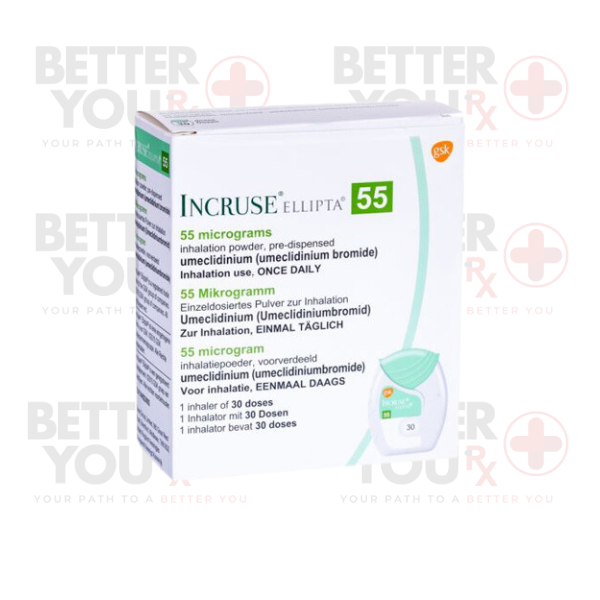


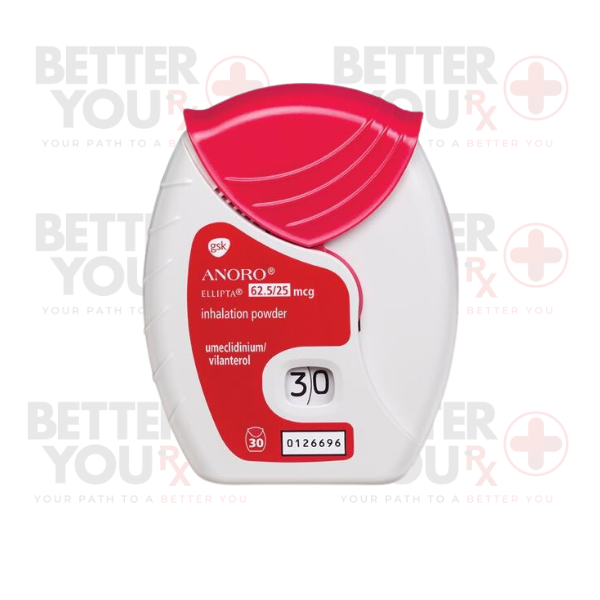
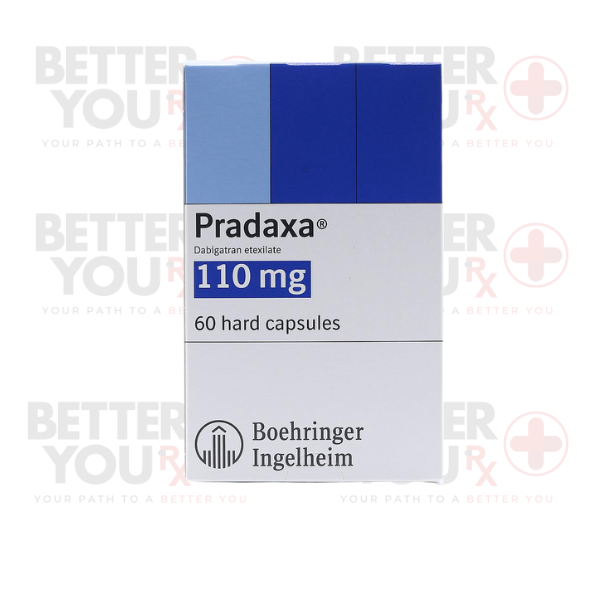

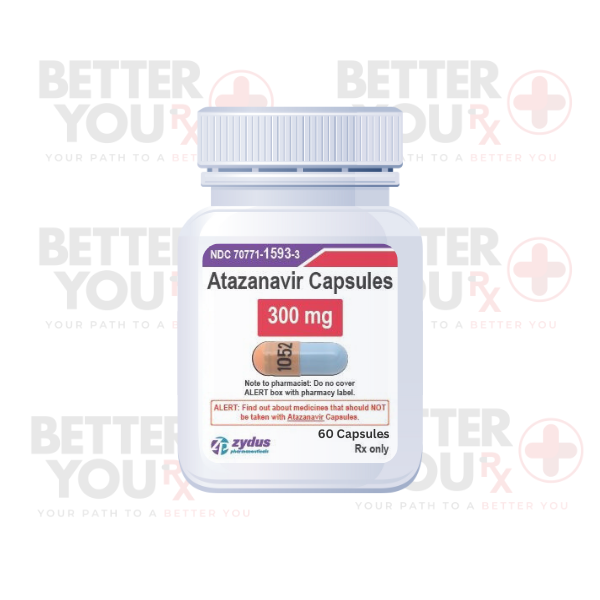
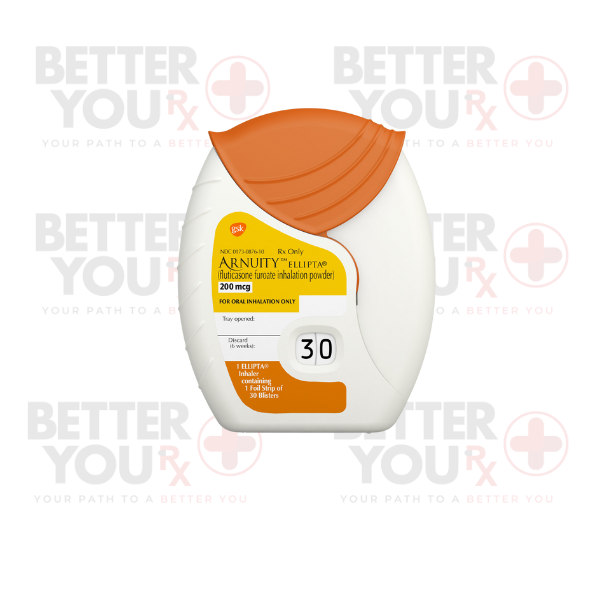
Reviews
There are no reviews yet.